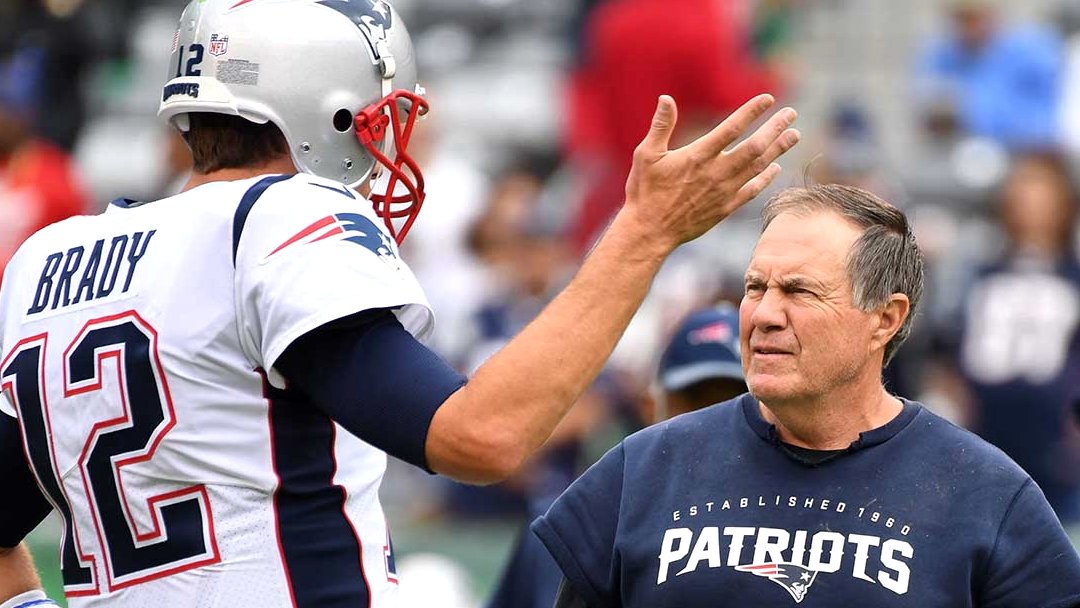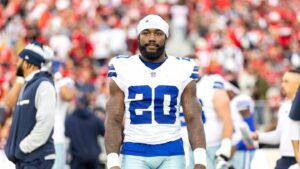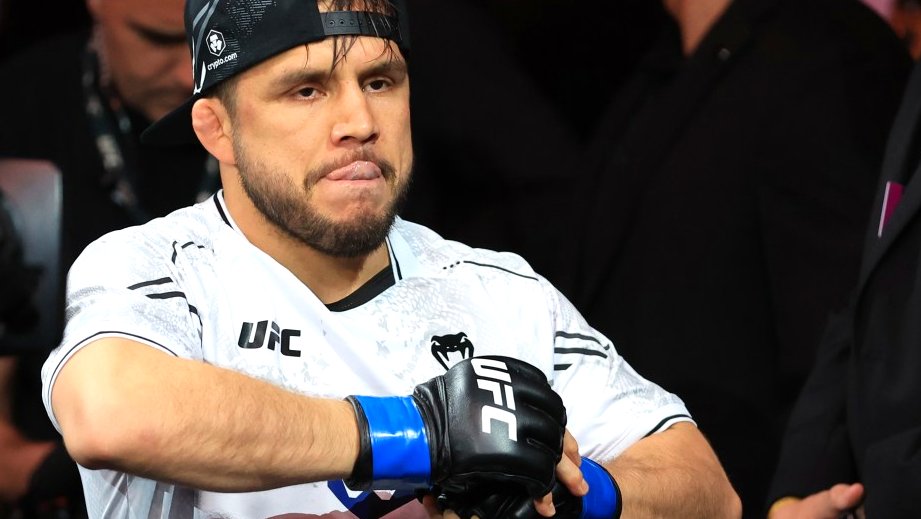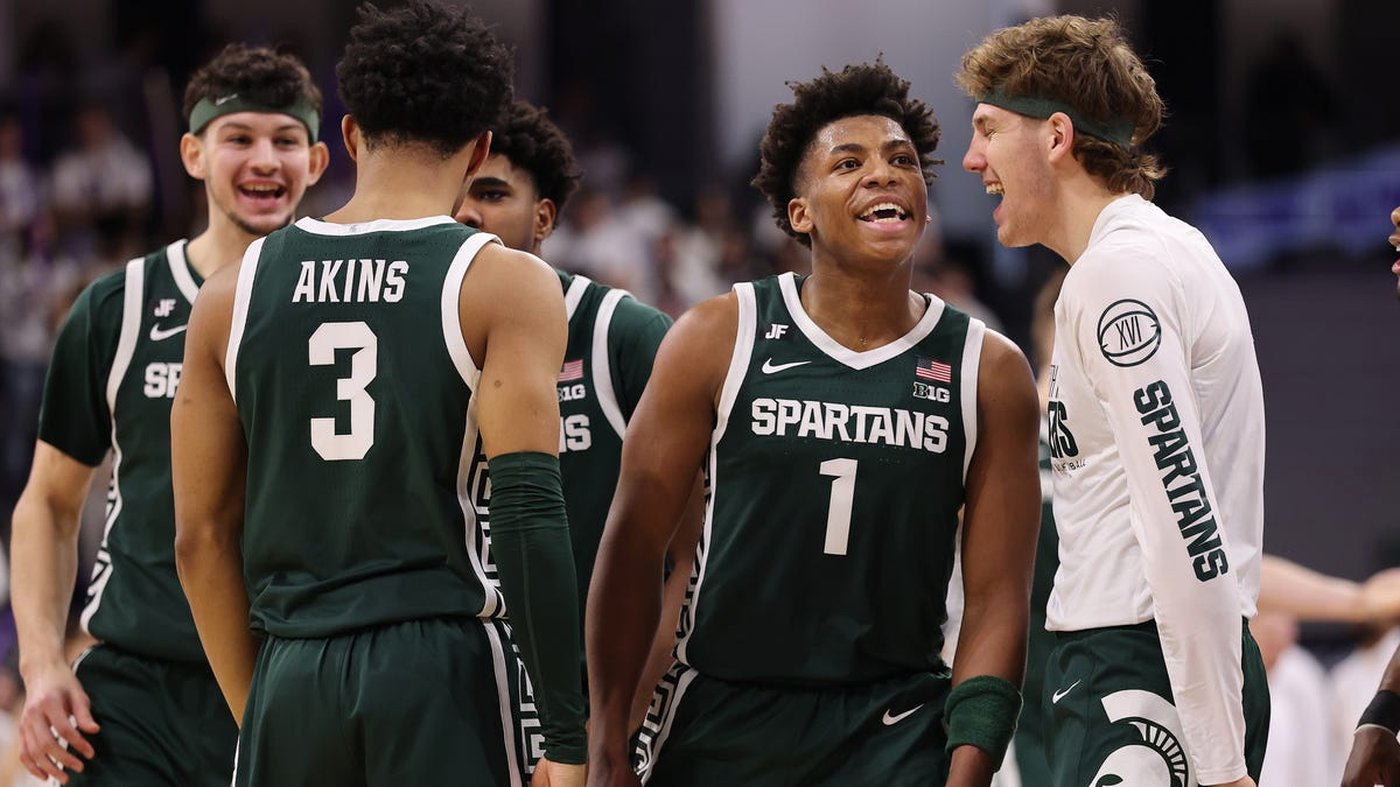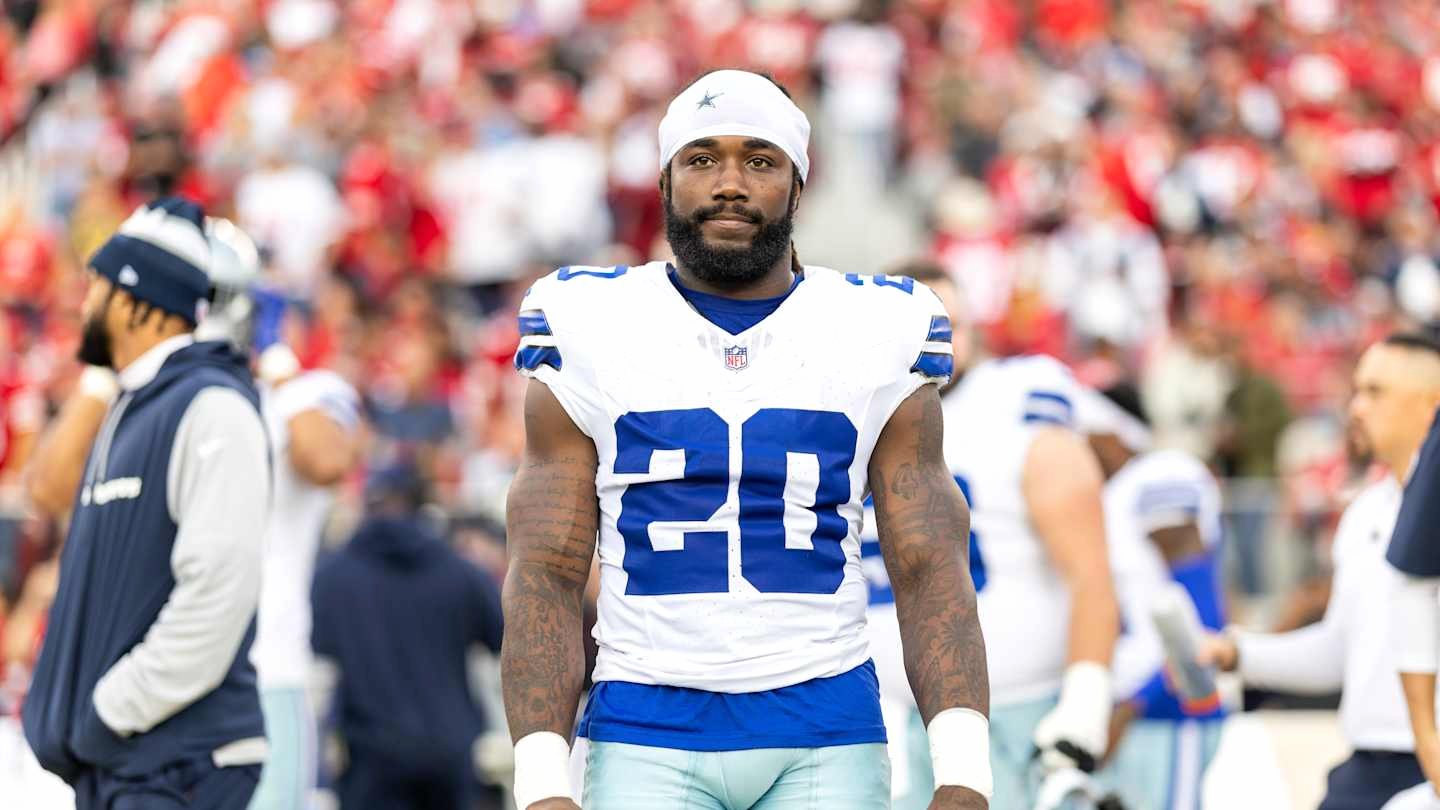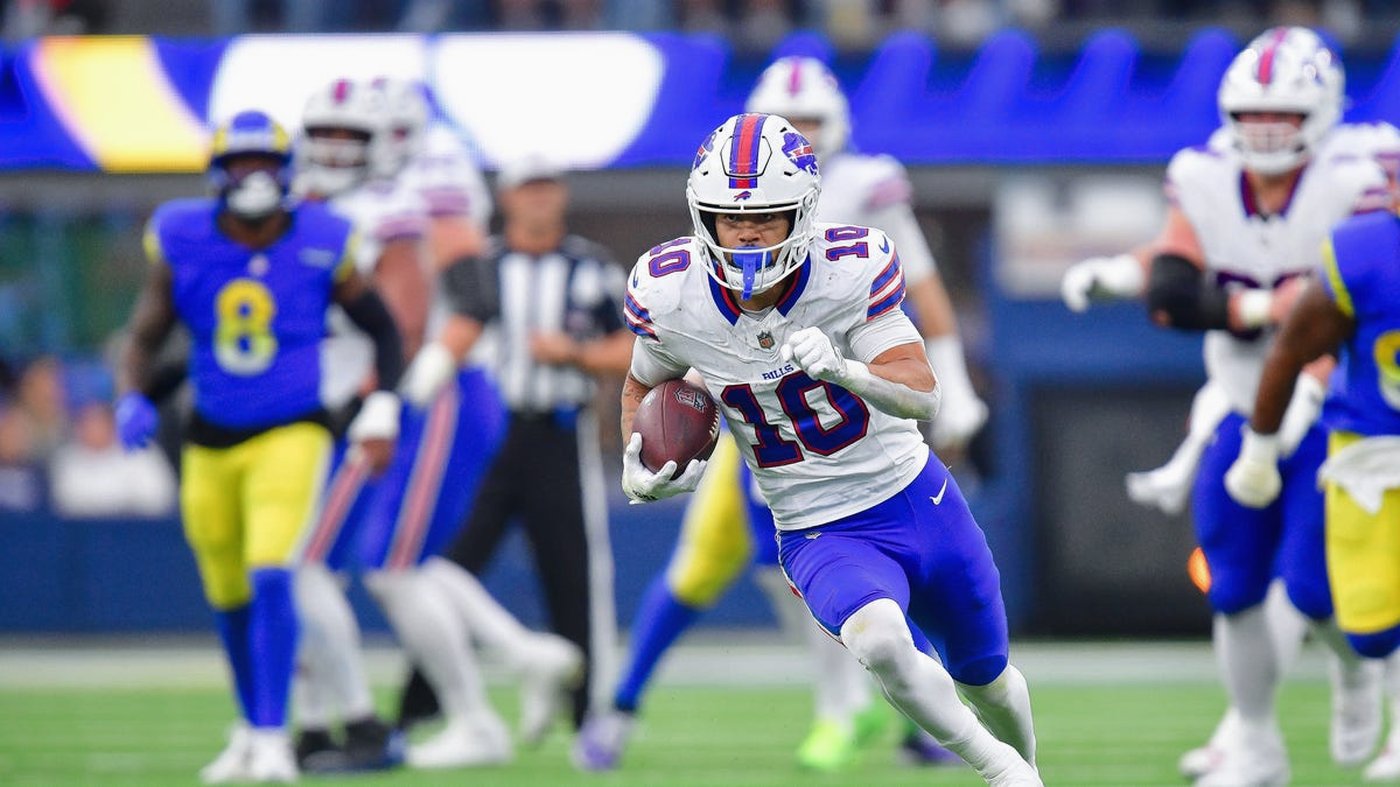As questionable clock management continues to plague NFL sidelines, former New England Patriots head coach Bill Belichick has shared an intriguing story about how quarterback Tom Brady reshaped his approach to timeouts during high-pressure moments. The revelations highlight Brady’s unparalleled football IQ and the trust that defined the Belichick-Brady partnership.
Clock management under scrutiny across the NFL
Clock management has become a contentious issue in the NFL this season, with several high-profile blunders fueling criticism. The most recent example came during Sunday Night Football, when Atlanta Falcons head coach Raheem Morris left a crucial timeout unused in a game against the Washington Commanders. With the Falcons driving for a potential game-winning field goal, Morris opted not to stop the clock after a key 25-yard completion, allowing precious seconds to dwindle. The Falcons ultimately fell short, losing in overtime and further damaging their playoff hopes.
Speaking on ESPN’s “The Pat McAfee Show” on Monday, Belichick called these errors “mystifying” and pointed out the significant role clock management plays in determining the outcome of games. “It’s mystifying what’s been going on with some of this clock management,” Belichick said. From 2001 to 2019, the Patriots posted a league-best .667 winning percentage in one-score games, a testament to their precision in late-game situations.
Tom Brady’s game-changing approach
During his appearance on the show, Belichick recounted a pivotal moment in 2013 or 2014 when Brady and then-offensive coordinator Josh McDaniels approached him with an unconventional idea: prioritize time on the clock over preserving timeouts. Up until that point, Belichick subscribed to a traditional timeout strategy, saving one for the final moments to ensure the field goal unit had time to set up. However, Brady proposed a different approach.
“Brady said, ‘Look, I’d rather have more time and less timeouts because it gives me more options. If I screw it up, that’s my fault, and you can take it away from me. But I’d rather have 27 seconds and no timeouts than 12 seconds and one timeout,’” Belichick revealed.
Belichick admitted that this approach went against his previous thinking but trusted Brady’s instincts and decision-making ability. “It puts a lot of responsibility on the quarterback, but Tom wanted that, and I felt very confident giving it to him,” Belichick explained. “So basically, we fundamentally made that switch. I would take that third timeout a lot of times in the 30-second range, even though it had gone against my prior philosophy, because Tom felt more comfortable managing the game that way, and he did it very well.”
This adjustment in strategy proved to be a key factor in the Patriots’ decade-long dominance, particularly in close games and high-stakes situations. Their meticulous execution of late-game scenarios, often spearheaded by Brady’s calm and calculated approach, became a hallmark of their success.
Lessons for today’s NFL
The exchange between Belichick and Brady underscores the importance of communication, trust, and adaptability in achieving success at the highest level. While many current NFL teams struggle with clock management, the Patriots’ historic example serves as a blueprint for how collaboration between a coach and quarterback can lead to better decision-making under pressure.
Belichick also credited other members of his staff, including longtime confidant Ernie Adams, for contributing to the team’s game-management strategies. “It’s not just about the quarterback or the head coach—it’s about everyone being on the same page and knowing exactly what the plan is,” Belichick said.
As the NFL continues to grapple with time management miscues, Brady’s innovative mindset and Belichick’s willingness to adapt serve as a reminder of how small margins can decide the biggest games. With the Kansas City Chiefs’ duo of Patrick Mahomes and Andy Reid setting the standard in today’s league, their success in one-score games—a perfect 11-0 record this season—reflects a similar dedication to preparation and execution.
Looking ahead
The story of how Brady and Belichick transformed late-game strategy is just one chapter in the Patriots dynasty, but it offers valuable lessons for teams looking to replicate their success. In a league increasingly defined by razor-thin margins, mastering the art of clock management could mean the difference between victory and defeat.
As the NFL regular season winds down, expect the spotlight on clock management to grow brighter, with teams under pressure to learn from past mistakes. Whether current coaches and quarterbacks can rise to the challenge and emulate the success of the Brady-Belichick era remains to be seen. One thing is certain: their innovative approach to timeouts and clock management has left an indelible mark on the league, setting a standard that many continue to chase.

